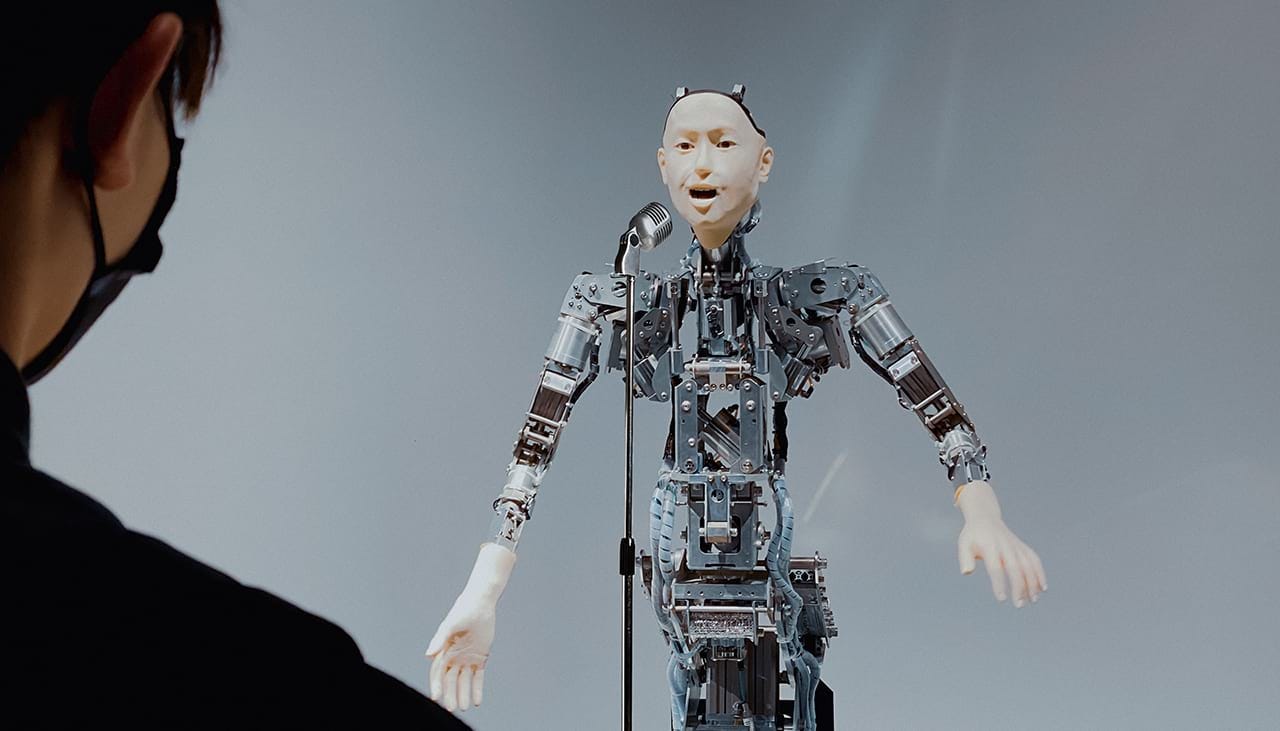Autotune
another vocab word that has started me on an artistic b*tch session. Not that I need much persuasion…
I found this slightly humorously angry rant against autotune on an old pen-named blog in a post from 2019. I thought it’d be fun to pop open this hard kernel to find what I can grow from it. This is pretty much a fresh essay, but it did spring from that strangely bitter rant against autotune. Does autotune rub any of you as wrong as it does me? I’d be curious to know, or if I’m just being a cranky artist of the Gen X persuasion.

My Auto Needs a Tune-Up
I can’t stand autotune in general, but I have to admit that I appreciate some of its use much more now than back in the (usually pop) music of my teen years, the ‘80s. Why?
Mainly it’s because autotune as it’s most often used today is an obvious effect; it’s not really automatically tuning the voice (though I suppose it does that too). It’s more about the weird modular robotic sound it makes. This to me is much preferable to the invisible (inaudible?) photoshop-esque treatment that’s been done to, say, Madonna’s voice in that controversial Eurovision performance in 2019. It’s about taking the place of a singer’s ability to sing, is what it is for me. Used as a separate artistic effect, I can appreciate, even if the sound isn’t so much to my own taste.
You’ve read my bloggy dissertations on aesthetics, training, and performing art, so you know my view. Wanna sound like a robot? Totally cool—respect to you, T-Pain. But T-Pain actually can sing quite well without the autotune. Faking it to become a pop star is reprehensible, because it feels like a betrayal. It’s part of the concepts I brought up in my vocab word essay on the Synthespian: that an automation of an art makes for bad art, or even non-art:
There’s a distinct creepy factor to the idea of the synthetic human: the Replicants of Blade Runner and their mystique fed into the suspense and terror of that story: am I ‘real,’ was the underlying question, or am I a robot? And how many people today feel this very same existential crisis as they bury themselves into their phones, extruding a synthespian version of themself that’s prettier than the organic reality, but more shallow. “An eon wide, but only a micron deep,” as Professor Peter Lamborn Wilson said in a panel once at Naropa, when I was in grad school. And this was in 2000, when none of us had our whole lives in our phones like we do now.
Though these days, you don’t have to do anything but be filthy rich (if that) to be a celebrity. The celebrity of celebrity. The influencers who influence. A vicious circle. And what I give to the world as an artist and academic is infinitely more valuable, and yet I’m dead broke. But I digress. Well, sort of.
All this might seem like it’s contrary to my other arguments in those abovementioned pieces on aesthetics, but it’s not. Creating art takes training, discipline, and technique. Autotune takes that away—instead of undergoing voice training and practicing for the hours and years it takes to be a good singer, autotune just fakes it for you. It replaces the hard work that goes into cultivating a talent with a fake version of it that doesn't actually sound as good as a really good singer, either.

But like I said above, I do understand and even appreciate the T-Pain version of its use: making your voice sound in a way you can’t produce with your organism only, for a particular robotic effect. That’s an artistic choice, whatever you think about it as far as your own musical tastes. What T-Pain does with autotune is not its function of correcting an off-key voice, it’s a way to make his voice sound inhuman. He doesn’t need it, in other words, he chooses it for an effect. And he’s well known for it, too, so it’s working for him.
Tuned & Concluded
It all comes down to laziness: more reasons to not work hard on training in an art. My problem with autotune adds to the idea that anyone can do amazing feats of performance, that it doesn’t take work. It’s a similar beef to the one I describe in my essays about Method Acting—the anger I feel when laziness in art is rewarded.
Does it matter? Eh, maybe not. But I’d argue that the widespread popularity of ‘Reality TV’ and much of the attitudes towards the recently-striking writers and actors is part of this misunderstanding of what it is to be able to do art well. And that does matter.




Autotune is pretty misunderstood, imo. You have to be a really good singer already to sound natural using it, and I can't see how it would inspire laziness in artists? It doesn't make your voice sound any "better" than it is, just more in tune: the better *you* sound, the better autotune sounds. And I dunno - why is it a problem that people who aren't necessarily the greatest singers can use it to produce something that makes them happy? It still takes a lot of work to get it to sound decent, regardless. Personally, I am all for any technology that enables anyone to have a go, and feel good while doing it - and that is something autotune offers the non-singer. :-)
So interesting. I am working on an essay about technology (actually about clothes washers... EXCITING!) and how we use it in our lives. I think one of the key issues is intentionality. Is technology being used instead of skill building or crafting OR is it allowing one to create something wholly different--attaining something that would otherwise be not possible but still incredibly difficult and novel?